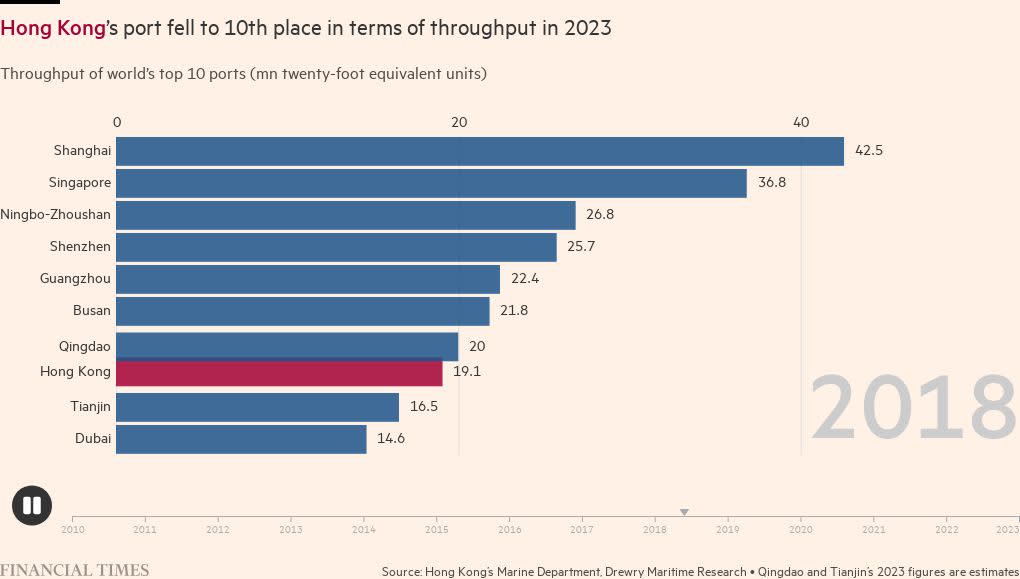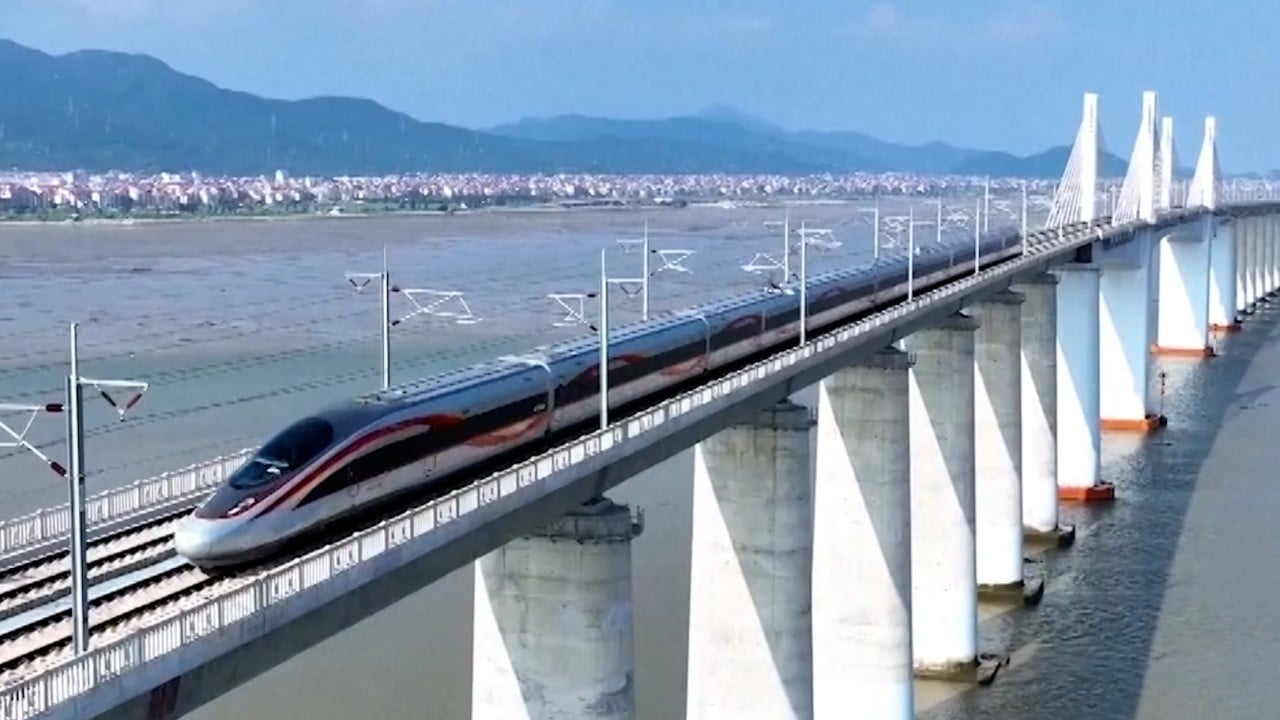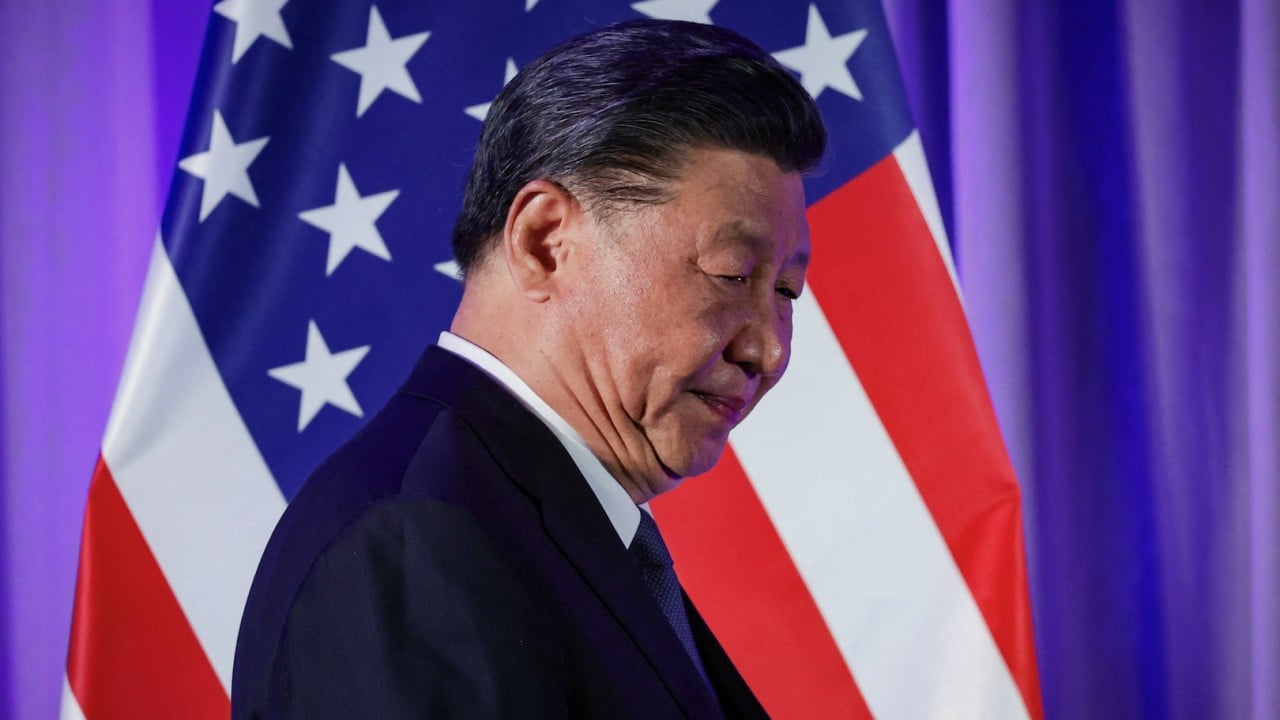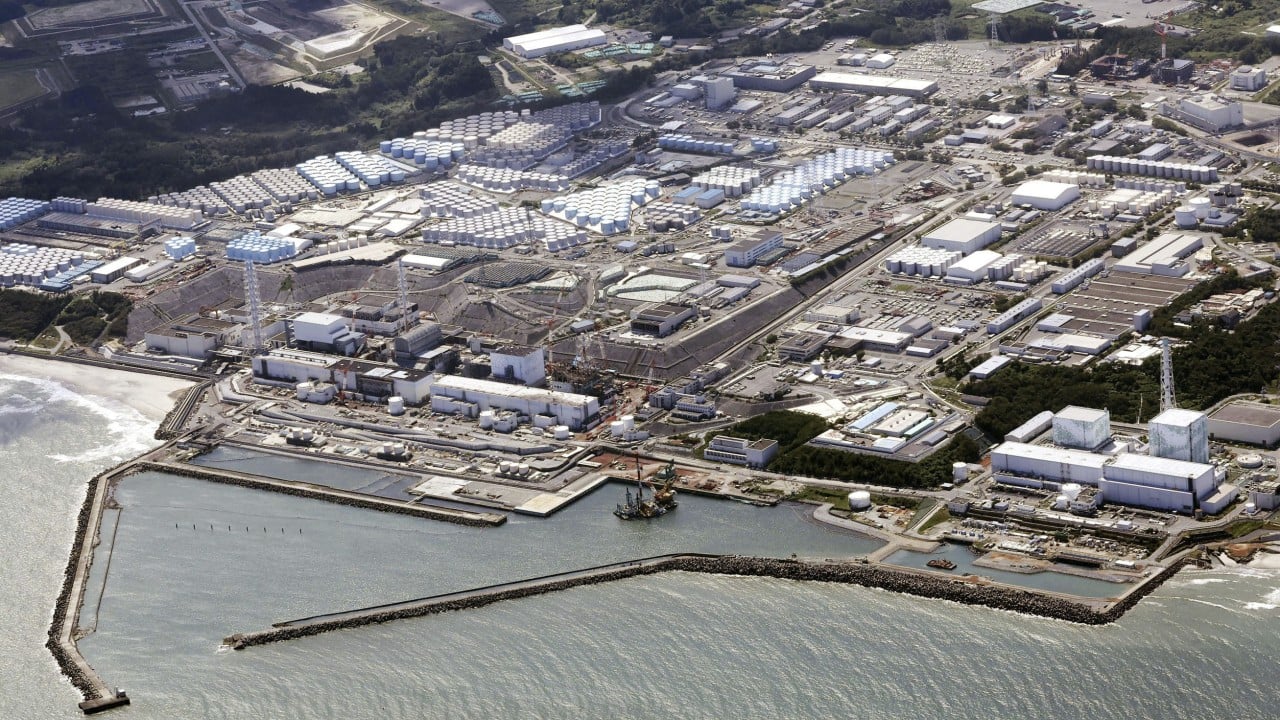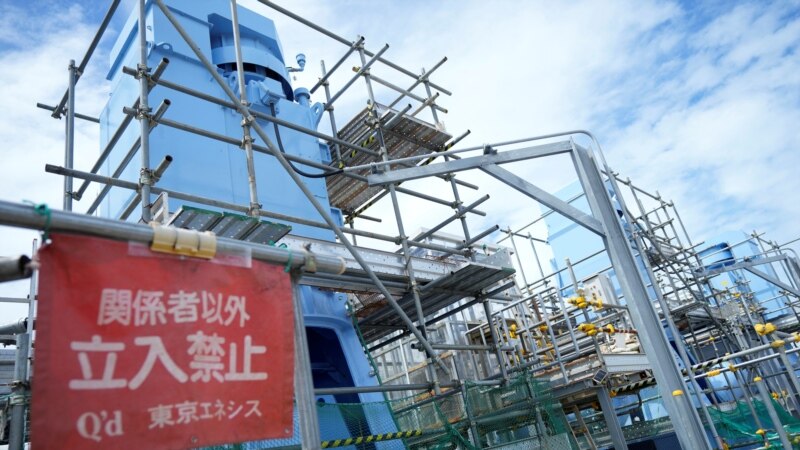Unlock the Editor’s Digest for free Roula Khalaf, Editor of the FT, selects her favourite stories in this weekly newsletter. Hong Kong has been hit by an accelerating decline in seaborne cargo volumes, as it loses out to rivals in mainland China and south-east Asia. Container throughput in Hong Kong fell 14 per cent last year to 14.3mn twenty-foot equivalent units (TEUs), according to figures from maritime consultancy Drewry. This was the biggest percentage drop among the world’s biggest ports last year. Hong Kong is now the 10th-largest port in…
Month: March 2024
China’s factory activity expands at fastest pace in 13 months in March
China’s manufacturing activity expanded at the fastest pace in 13 months in March, with business confidence hitting an 11-month high, driven by growing new orders from customers at home and abroad, a private survey showed on Monday. The Caixin/S&P Global manufacturing purchasing managers’ index (PMI) rose to 51.1 in March from 50.9 the previous month, above analysts’ forecasts of 51 and marking an expansion for the fifth consecutive month. The 50-point mark separates growth from contraction. The upbeat result followed recent better-than-expected export and retail sales data, suggesting a bright…
Is Vietnam on track to realize its semiconductor dream?
As Vietnam tries to position itself as an essential part of the global semiconductor supply chain, there is no shortage of training, but academics and industry insiders warn that quality is needed over quantity. On March 23, Professor Nguyen Dinh Duc, Chairman of the Council of the University of Technology at Vietnam National University told the newspaper “Education” that his school had ample semiconductor and microchip-oriented training programs at bachelor and master to doctorate levels. Hanoi University of Science and Technology offers two main majors on semiconductors and seven related…
Behind China’s new-energy overcapacity as it changes the face of manufacturing and raises the stakes of competitiveness
Wang’s supercharged confidence is rooted in China’s leadership prioritising growth of the new-energy sector, which includes electric vehicles (EVs), lithium-ion batteries and solar panels – known as the “new three” sectors, as they represent a shift away from China’s “old three” pillars of exports that comprised clothing, home appliances and furniture. Companies will continue to invest and explore more markets. Otherwise it will be hard to surviveWang Rongshuo, Guangdong Yangshuo Green Technology “Tech breakthroughs in new energy are crucial for China’s national security,” said Wang, the founder of Guangdong Yangshuo…
China’s hypersonic science aces train their sights on high-speed rail safety
They propose using high-sensitivity sensing technology – which is also better suited for extreme conditions – to paint a complete and continuous picture with every turn of a train’s wheel. Feng and his team developed a giant ring-shaped sensor that is as thin as a piece of paper and adheres perfectly to the inner or outer walls of the train’s wheels, according to a peer-reviewed paper published in January by the journal Scientia Sinica Technologica. 01:48 China launches first cross-sea high-speed rail line near Taiwan Strait China launches first cross-sea…
How China can best counter the US-Japan-South Korea alliance
Third, North Korea’s renewed threat of armed provocation has triggered greater security collaboration between the US, South Korea and Japan. Faced with a common and terrible military threat, Japan and South Korea are setting aside their historical antagonism and reaching for strategic cooperation. Fourth, Beijing’s assertive policy towards Taiwan and in the rest of the East China Sea has heightened tensions and altered the threat perceptions of South Korea and Japan. Should China wish to achieve its strategic objectives and become a globally respected world power, these issues must be…
Vietnam Objects to China’s Expanded Reach in Gulf of Tonkin
washington — Vietnam is crying foul over a Chinese bid to redefine its coastal waters in the Gulf of Tonkin, a waterway at the northern end of the South China Sea lying between China’s Hainan Island and Vietnam. Beijing’s delineation of a new baseline in the gulf was declared earlier this month. Under the U.N. Convention on the Law of the Sea (UNCLOS), a country’s baseline is essentially its shoreline at low tide and is used to determine the extent of coastal waters and exclusive economic zones. The convention makes…
Japan says experts met in China to ease concerns over discharge of treated radioactive Fukushima water
Japan said on Sunday its experts have held talks with their Chinese counterparts to try to assuage Beijing’s concerns over the discharge of treated radioactive wastewater from the wrecked Fukushima Daiichi nuclear power plant into the sea. The discharges have been opposed by fishing groups and neighbouring countries, especially China, which banned all imports of Japanese seafood. China’s move has largely affected Japanese scallop growers and exporters to China. During the talks held on Saturday in the northeastern Chinese city of Dalian, Japanese officials provided “science-based” explanation of how the…
Tory immigration policies risk over-reliance on Chinese students, ex-universities minister warns
The Conservative party’s “scorched earth” immigration policies risk UK universities becoming increasingly reliant on students from China to avoid financial crisis, a former universities minister has said. It comes as estimates suggest 25% of tuition fee income at leading British universities already comes from China. Chris Skidmore, who resigned as a Conservative MP earlier this year, said the new restrictions on issuing international student visas, and recent threats to undo the “graduate route” work visas, were sabotaging the government’s own education strategy as well as efforts to diversify university recruitment…
Japan, China Experts Discuss Concerns Over Discharge of Treated Radioactive Water
Tokyo — Japan said Sunday its experts have held talks with their Chinese counterparts to try to assuage Beijing’s concerns over the discharge of treated radioactive wastewater from the wrecked Fukushima Daiichi nuclear power plant into the sea. The discharges have been opposed by fishing groups and neighboring countries especially China, which banned all imports of Japanese seafood. China’s move has largely affected Japanese scallop growers and exporters to China. During the talks held Saturday in the northeastern Chinese city of Dalian, Japanese officials provided “science-based” explanation of how the…
